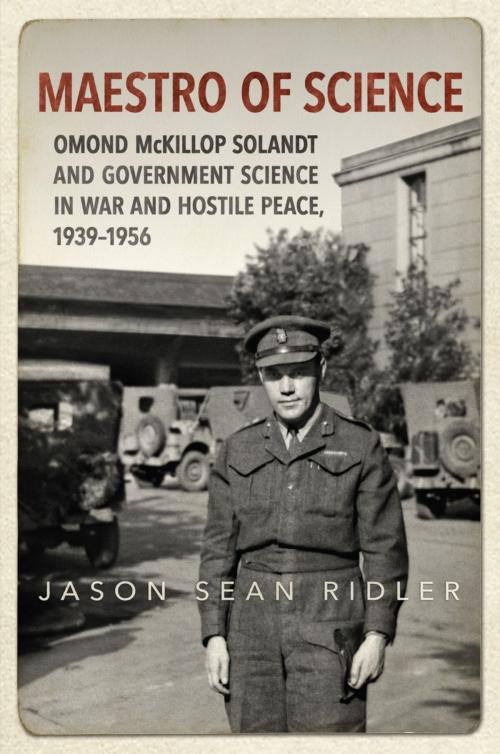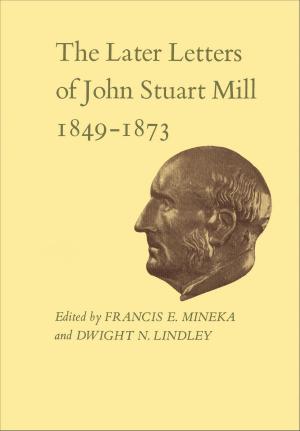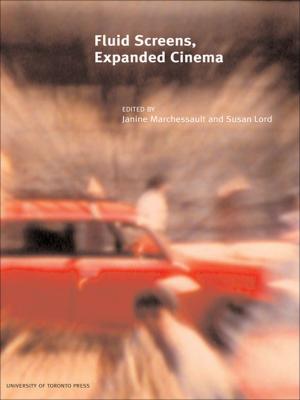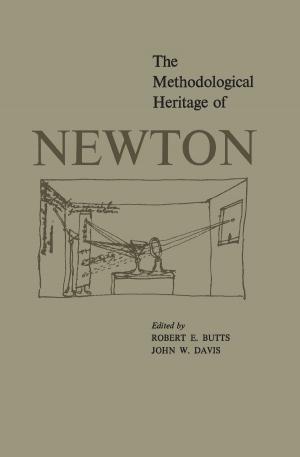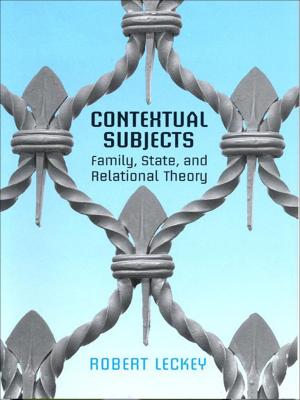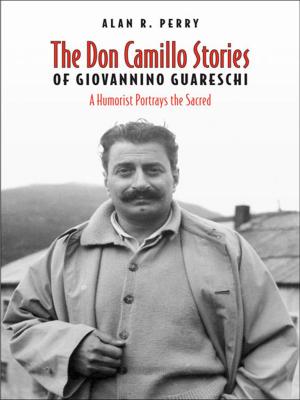Maestro of Science
Omond McKillop Solandt and Government Science in War and Hostile Peace, 1939-1956
Nonfiction, History, Modern, 20th Century, Military, World War II| Author: | Jason S. Ridler | ISBN: | 9781442668300 |
| Publisher: | University of Toronto Press, Scholarly Publishing Division | Publication: | November 26, 2015 |
| Imprint: | Language: | English |
| Author: | Jason S. Ridler |
| ISBN: | 9781442668300 |
| Publisher: | University of Toronto Press, Scholarly Publishing Division |
| Publication: | November 26, 2015 |
| Imprint: | |
| Language: | English |
One of the brightest Canadian scientists of his generation, Omond McKillop Solandt was a physiologist by training, an engineer by disposition, and a manager by necessity. A protégé of insulin’s co-discoverer, Charles Best, Solandt worked as a scientist for the British government during the Second World War, including as a pioneer of operational research and a manager of scientific establishments. Ending the war as a colonel, he served on the British Mission to Japan, where he studied the effects of the atomic bombs at Hiroshima and Nagasaki, before returning to Canada to become chairman of the newly created Defence Research Board. There he spearheaded Canada’s attempt to create a new and innovative government science infrastructure that served the needs of the Canadian military at the dawn of the nuclear age and worked alongside allies in Britain and the United States.
In Maestro of Science, Jason S. Ridler draws on interviews with Solandt and his colleagues and declassified records from Canada and the United Kingdom to paint a vivid picture of the influence and achievements of a Canadian leader in Cold War military research.
One of the brightest Canadian scientists of his generation, Omond McKillop Solandt was a physiologist by training, an engineer by disposition, and a manager by necessity. A protégé of insulin’s co-discoverer, Charles Best, Solandt worked as a scientist for the British government during the Second World War, including as a pioneer of operational research and a manager of scientific establishments. Ending the war as a colonel, he served on the British Mission to Japan, where he studied the effects of the atomic bombs at Hiroshima and Nagasaki, before returning to Canada to become chairman of the newly created Defence Research Board. There he spearheaded Canada’s attempt to create a new and innovative government science infrastructure that served the needs of the Canadian military at the dawn of the nuclear age and worked alongside allies in Britain and the United States.
In Maestro of Science, Jason S. Ridler draws on interviews with Solandt and his colleagues and declassified records from Canada and the United Kingdom to paint a vivid picture of the influence and achievements of a Canadian leader in Cold War military research.
